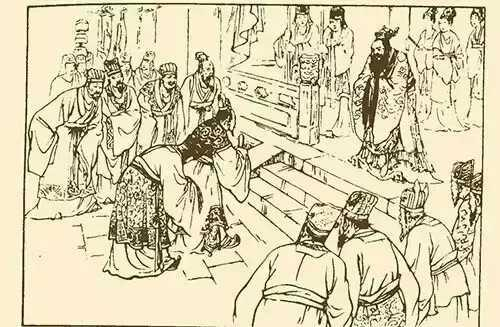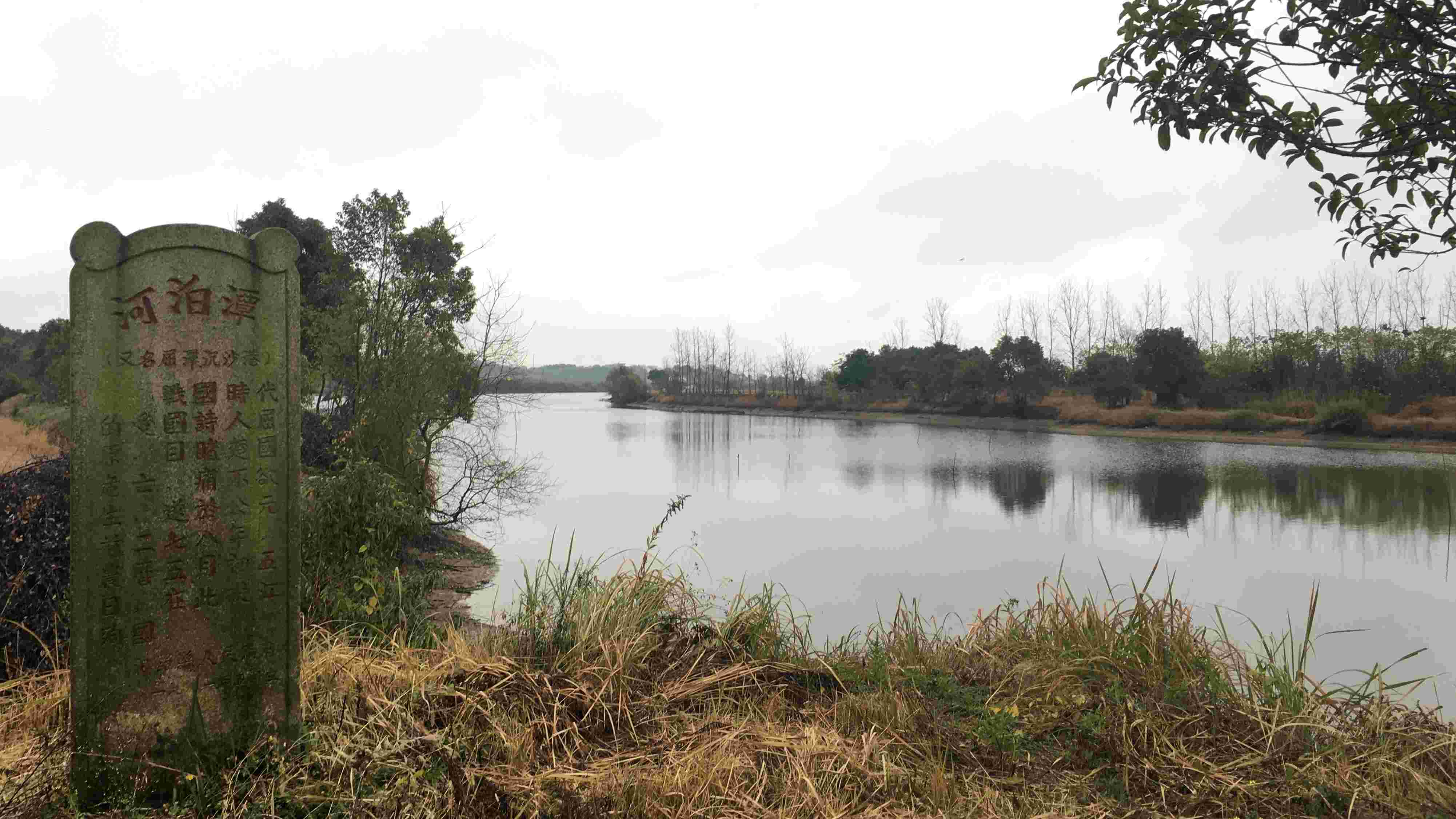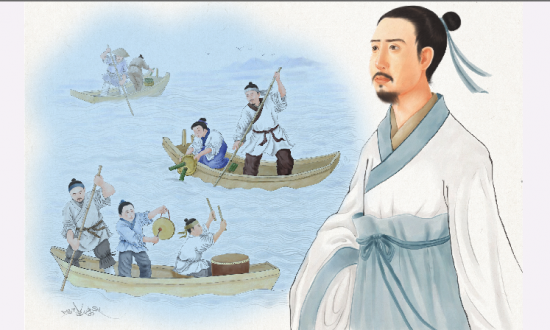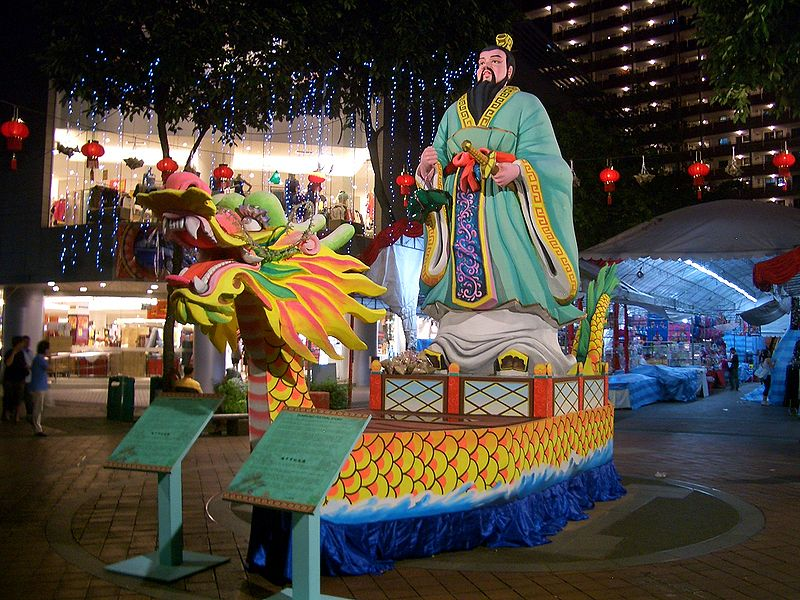War, Betrayal, And Suicide: The Tragic History Behind The Tradition Of Eating 'Bak Chang'
Like many traditional Chinese dishes, these rice dumplings are also rooted in a significant moment from ancient China.
The tradition of eating bak chang (or zongzi) is one that has been around for over two millennia, and like many traditional Chinese dishes, has its roots in honouring a significant moment in history
Every year, on the fifth day of the fifth month of the lunar calendar, households of Chinese descent all over the world would eat these sticky rice dumplings wrapped in bamboo or reed leaves to celebrate the Dumpling Festival. The festival, which has been observed for over 2,000 years, also coincides with the Dragon Boat Festival.
However, it's inarguable that most of us are probably not aware of the festivals' as well as bak chang's origin stories.
A popular belief claims that the origin of bak chang dates back to the Warring States period in ancient China, where the rice dumplings were created to honour the life and death of a famous poet and beloved minister called Qu Yuan
Qu Yuan (340 BC - 278 BC), a minister in the state of Chu, was once a trusted adviser to the King and greatly loved by the people. In a time when seven individual states - Qi, Chu, Yan, Han, Zhao, Wei, and Qin - contended with each other for dominance, Chu gradually became stronger with Qu Yuan's sound advice.
However, Qu Yuan’s success and advocacy against corruption began to antagonise other court officials and incurred the jealousy of other ministers
Exerting their influence on the king, the corrupt officials slandered Qu's name to the point where the King refused to listen to his advice when he tried to warn the King against allying with Qin.
The King ultimately banished Qu Yuan from the state of Chu. In exile, Qu Yuan travelled and wrote some of the greatest poetry in Chinese literature, expressing deep concerns for his home state.
The tipping point came in 278 BC, when Qin general Bai Qi successfully invaded Yingtu, the capital of Chu. Overcome with grief after hearing about his state's defeat, Qu Yuan drowned himself in the Miluo River.
The place where Qu Yuan threw himself into the Miluo River, located in today's Hunan province.
Image via CGTNIt is also said that Qu Yuan had collected folktales and penned a lengthy poem called Lament of Ying shortly before dying by suicide.
Legend has it that the people of Chu rushed to the river to search for Qu Yuan, throwing rice dumplings as they went so that the fish will eat the parcels instead of the poet's body
In an interview with CGTN, a Qu Yuan historian noted that this moment formed the major traditions for both the Dumpling and Dragon Boat Festivals, both held on the anniversary of his death.
Today, the tradition of eating bak chang is still observed not just in China but also among people of Chinese descent in Malaysia, Singapore, Cambodia, Thailand, and Vietnam, amongst others
Statue of Qu Yuan on a dragon boat, on display for the Dragon Boat Festival, in one of Singapore's central streets.
Image via Vmenkov / Wikimedia Commons




